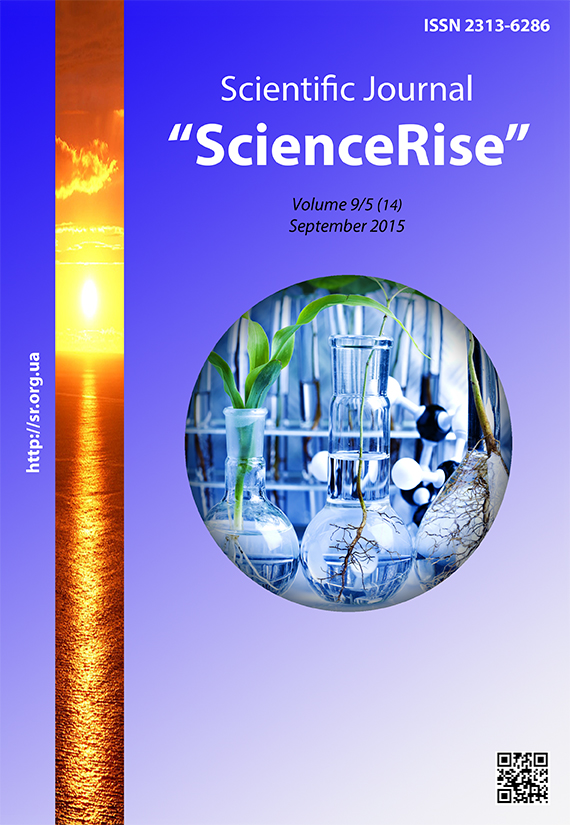Features of formation the professional competence of future specialists in the study of «life safety»
DOI:
https://doi.org/10.15587/2313-8416.2015.48826Keywords:
professional competence, life safety, future specialists, value outlook, professional healthAbstract
In the article the basic theoretical questions about the nature and content of the formation the professional competence in the study of «Life safety» are considered, the principles of selection and structuring the content of safety by training future specialists are highlighted. It is proved the importance of the value component in the process of formation the professional competence, uncovered the foundation of modeling value outlook of future specialists which is oriented on formation the professional health
References
Chuguy, L. V. (2010). Axiological principles of formation the content of safety as a preventive project saving the professional health by future agrarians. Teaching science : theory, history, innovation technologies : scientific journal, 1 (3), 463–471.
Volkova, N. N., Voloshko, L. B. (2007). Professional competence of experts : evaluation criteria. Moscow – Poltava: Techservis, 318.
Kryzhko, V. V. (2005). Antology of axiological paradigm of education : textbook for students of pedagogical specialities. Kyiv: Osvita Ukraine, 434.
Skoblo, Yu. S., Sokolovs'ka, T. B., Mazorenko, D. І. et. al. (2003). Safety : tutorial for schools of III-IV levels of accreditation. Kyiv: Kondor, 424.
Bedriy, Ya. I., Nechaj, V. (2007). Safety: tutorial. Lviv: «Magnoliya 2006», 499.
Bondar, V. I. (2005). Didactics: tutorial. Kyiv: Lybid, 262.
Chuguy, L. V.; Sipchenko, V. І. (Ed.) (2010). The role of human knowledge in forming the safety of future agrarians. Humanization the teaching-educational process: the collection of scientific works. Slovjansk, 3, 172–177.
Downloads
Published
Issue
Section
License
Copyright (c) 2015 Людмила Василівна Клеценко

This work is licensed under a Creative Commons Attribution 4.0 International License.
Our journal abides by the Creative Commons CC BY copyright rights and permissions for open access journals.
Authors, who are published in this journal, agree to the following conditions:
1. The authors reserve the right to authorship of the work and pass the first publication right of this work to the journal under the terms of a Creative Commons CC BY, which allows others to freely distribute the published research with the obligatory reference to the authors of the original work and the first publication of the work in this journal.
2. The authors have the right to conclude separate supplement agreements that relate to non-exclusive work distribution in the form in which it has been published by the journal (for example, to upload the work to the online storage of the journal or publish it as part of a monograph), provided that the reference to the first publication of the work in this journal is included.

